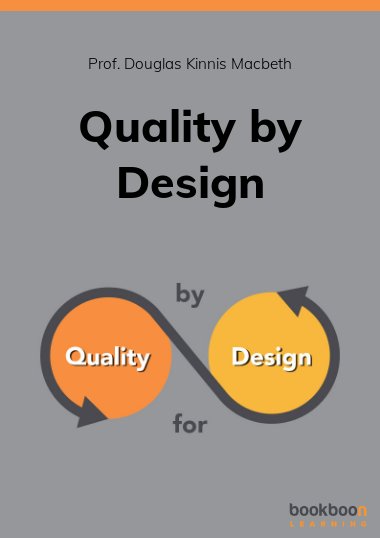The book argues that quality is enabled by the design decision process but one that looks along the complete lifecycle and production stages, including re-cycling at the end of first life. It discusses ways to use statistical variation from the demand and supply capability distributions to create a zero reject process and uses examples from product areas to highlight decision areas. Topics covered include innovation, globalization, global trade and new technologies requiring a more inclusive approach to designing things right from the beginning to deliver customer satisfaction.
About the author
With a background in engineering and manufacturing management, he has worked in universities in Europe and the USA as well as founding and selling a consultancy company in Logistics and Supply Chain Management. He has researched and consulted in a wide range of sectors in large and small organisations. He is currently co-lead academic on a MOOC on Contract Management in collaboration with the International Association of Contract and Commercial Management and the UK Government Cabinet Office.


